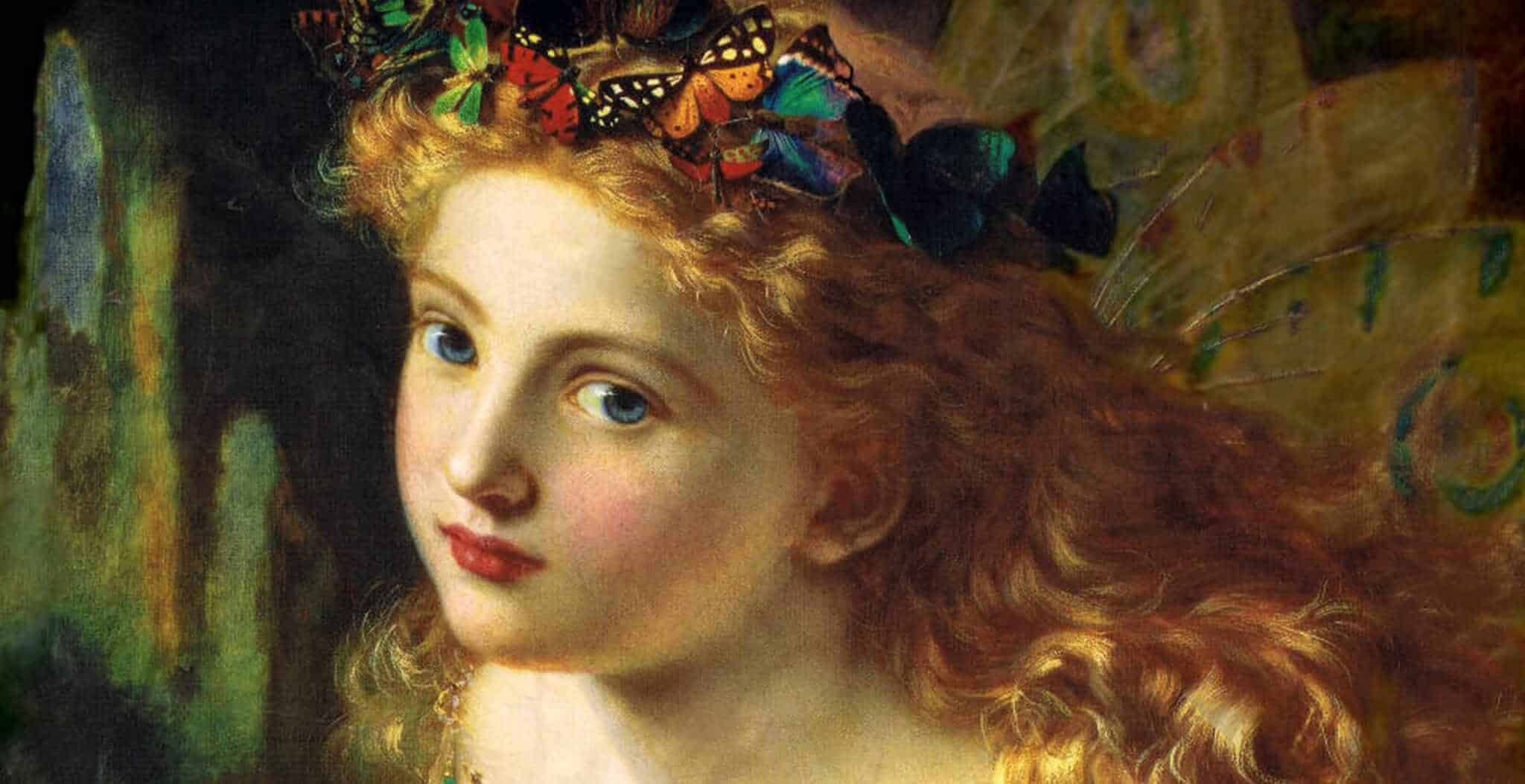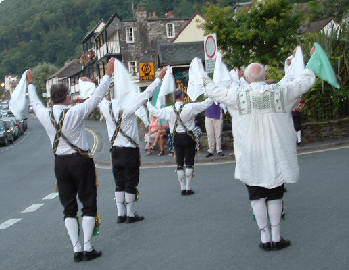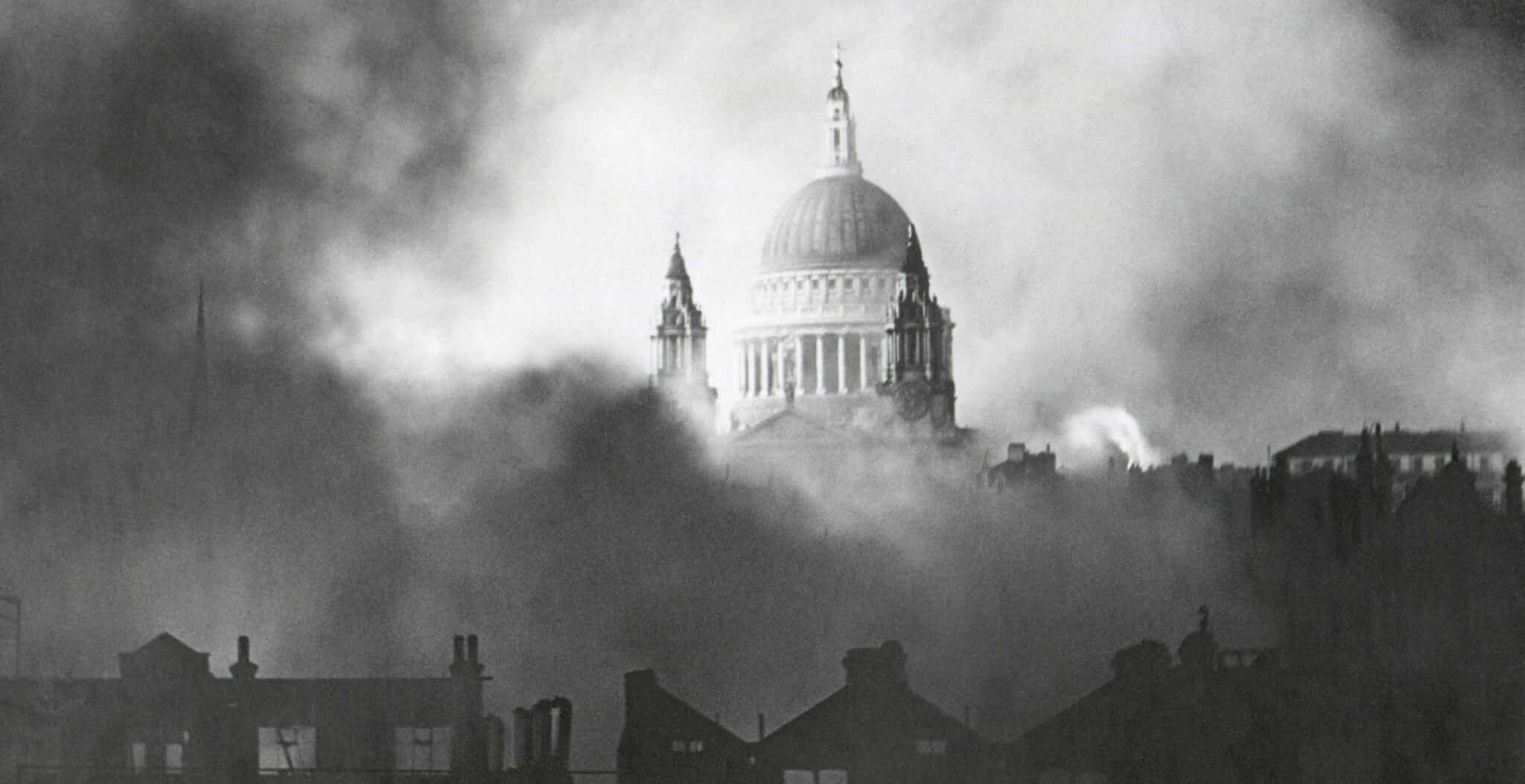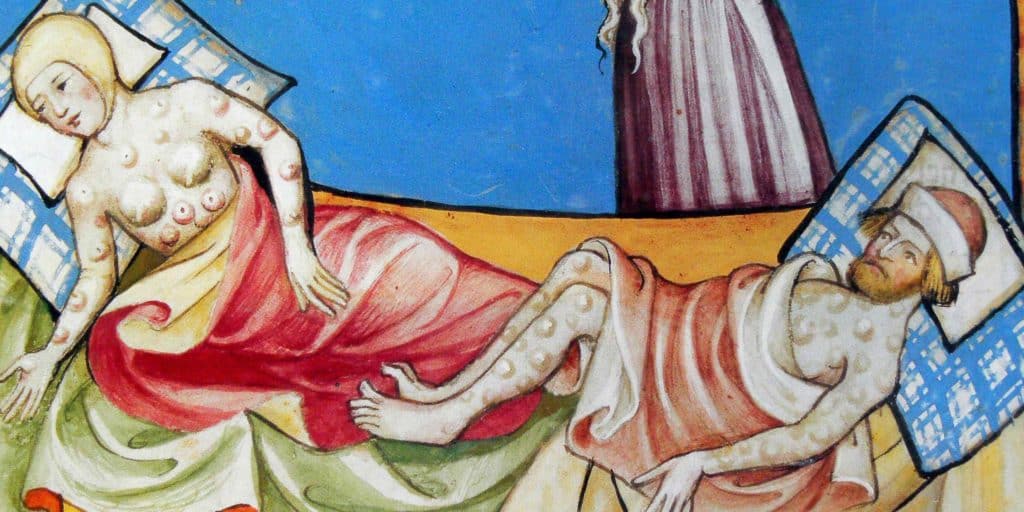Readers should always check with local Tourist Information Centres (TIC’s) that events or festivals are actually taking place before setting out to attend.
Permanent dates in August
| 1st August | Lammas Day, the Feast of St Peter and Lughnasadh. | Traditionally, Lammas marked the end of the growing season. Lammas is now recognised as a Christian holy day, and is celebrated by the Church as such. ‘Lammas’ was the medieval Christian name for the holiday and it means ‘loaf-mass’, as the day on which loaves of bread were baked from the first grain harvest and laid on the church altars as offerings.
Earlier Pagan celebrations often took place on the last day of July and again marked the first grain harvest. The success of the harvests determined the quality of life through the long winter months. The Celtic harvest season, occurring ¼ of a year after Beltane, began when the first crops were gathered at Lughnasadh, named after the Celtic sun god Lugh. Corn dollies made from the straw of the first harvest would be kept safe through the winter and then buried in the spring with the sowing of the fields. |
| 5th August | Feast Day of St. Oswald – Northern England | St. Oswald was a Northumbrian warrior king and champion of Christianity. He was killed at Maserfield near Hexham, in 642 in a battle with Penda, the heathen king of Mercia. Penda ordered that Oswald’s body be dismembered and the head and hands nailed up to separate crosses as a sacrifice to Odin and as a warning to other Christians. Oswald’s head can now be found in St. Cuthbert’s tomb in Durham Cathedral. Legend says that his hand did not wither even after death; reminding us of God’s eternal reward for Christian Charity. The uncorrupted arm was stolen by the monks of Peterborough Abbey and remained as one of the monastery’s most prized possessions, until lost or destroyed at the Reformation. |
| 15th August | Feast of the Assumption | The principal feast of the Virgin Mary, the mother of Jesus, to celebrate her departure from this life and the assumption of her body into heaven (the day that Mary was received into heaven) |
Flexible dates in August
| Various dates in August, checkout the details of these events at the Morris Ring website | Morris Dancing | At various locations | Regarded as an ancient tradition even in the reign of Elizabeth I, these ‘madde men’ with their ‘Devils dance’ were banned by the Puritans following the English Civil War. |
| During the month | Well Dressing | At various locations in Derbyshire including;
Barlow, Eyam, Foolow and Wormhill. |
|
| Early in the month | Royal National Eisteddfod | Varying venues in north and south Wales alternatively. | The National Eisteddfod of Wales can be traced back to 1176 when it is said that the first Eisteddfod was held, under the auspices of Lord Rhys, at his castle in Cardigan. There he held a grand gathering to which were invited poets and musicians from all over the country. A chair at the Lord’s table was awarded to the best poet and musician, a tradition that prevails in the modern day National Eisteddfod. |
| Third Wednesday in the month | Knighthood of Southampton Old Green Championship | Southampton, Hampshire | Bowls started to be played on the Southampton Old Bowling Green in 1299, making it the oldest bowling green still in use in the world. The club that plays there now is believed to have been established in the 17th Century and hosts an annual competition known as the Knighthood. The rules for the competition date from that era, and the games are supervised by ‘Knights’. The winner is made a Knight-of-the-Green and can never enter the competition again. The competition has been known to last ten days. |
| Saturday closest to the 5th August | Rush-bearing | Grasmere, Cumbria | In the Middle Ages, before carpets, rushes were used as floor-covering. Many villages held a special summer ceremony when the rushes were harvested. In some villages, they made rush sculptures, called bearings, and carried these in a procession. Rush-bearings are still popular in Cumbria and other parts of north-west England |
| First Monday after the 12th August | Marhamchurch Revel | Marhamchurch, Cornwall | Marhamchurch was founded as a monastic settlement by St. Morwenna and every year the ancient Revel is held to celebrate the Saint’s good works. A Queen of the Revel is elected from the village and crowned by Father Time in front of the church where St. Morwenna’s cells once stood. A procession, led by the newly crowned Queen riding on horseback, passes through the village to the Revel Ground. Here the villagers are entertained with a show of Cornish wrestling and other amusements. |
| Second Friday of August | Burry Man’s Parade | South Queensferry, West Lothian | This pagan ceremony dates back to a time before records began and its origins and purpose have been lost in the midst of time. A local man is covered in burrs (from the burdock plant) and is paraded around the town. It’s thought the parade was to ward off evil spirits – it can certainly ward off children who are said to be terrified at the very look of the Burry Man. |
| Saturday of the week that includes the 19thAugust | Coracle Races | Cilgerran, Cardiganshire | The Annual Coracle Races are held every year on the River Teifi under the shadow of the ruins of the old Cilgerran castle. Today coracle fishermen from the village practice their ancient fishing skills catching the salmon and sea-trout (Sewin) moving upstream from the sea. Different classes of races are held including single handed and ladies only events, even a special race for visiting coracle types not common to the Teifi. |
| August Bank Holiday Monday
12 noon – 4.30pm |
Annual Coracle Regatta on the River Severn
|
Dale End Park, Ironbridge, Shropshire | Coracle makers and paddlers from all over Britain participate in races, madcap team games and fiercely contended competitions, along the picturesque stretch of the River Severn at Dale End Park, Ironbridge.
Coracles – keel-less, flat-bottomed boats made from woven wood covered in skins or canvas and waterproofed with tar – have been used for thousands of years throughout the UK (especially in Wales) and Europe. Before the advent of the Ironbridge, they were used to ferry people and goods from one side of the River Severn to the other. In addition, two coracles with a net between them was an effective means of fishing the river. |
| Saturday closest to the 24th August | Burning Bartle | West Witton, Yorkshire | At West Witton, people make a straw dummy called Bartle, carry him through the town in a procession, and burn him on a bonfire. Nobody knows for sure how this custom started. So who was Bartle? The original Bartle may have been a local thief who was burned at the stake. |
| Last Sunday of August | Plague Sunday Service | Eyam, Derbyshire | It’s now hard to imagine that the beautiful village of Eyam in Derbyshire, could have such a fascinating, yet tragic story to tell. However, at the end of August 1665 bubonic plague arrived at the house of the village tailor, via a parcel of cloth from London. The damp cloth was hung out in front of the fire to dry, thus releasing the plague infested fleas. George Vicars, the tailor and first plague victim, died on the 7thSeptember, of a raging fever. The plague took hold and quickly began to take its toll, however the brave villagers decided to stay within the confines of the village to stop the spread of the disease. To minimize cross infection, food and other supplies were left outside the village. The Plague raged for 14 months and claimed the lives of at least 260 villagers. Eyam’s selfless villagers had prevented the plague from spreading to other parishes, but many paid the ultimate price for their commitment. Almost 350 years later a remembrance service is still held every Plague Sunday at Cucklett Delf, Eyam. |
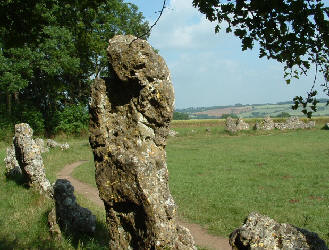
We have taken great care in recording and detailing the festivals, customs and celebrations presented in our Folklore Year calendar, if however you consider that we have omitted any significant local event, we would be delighted to hear from you.
Related Links:The Folklore Year – January |
